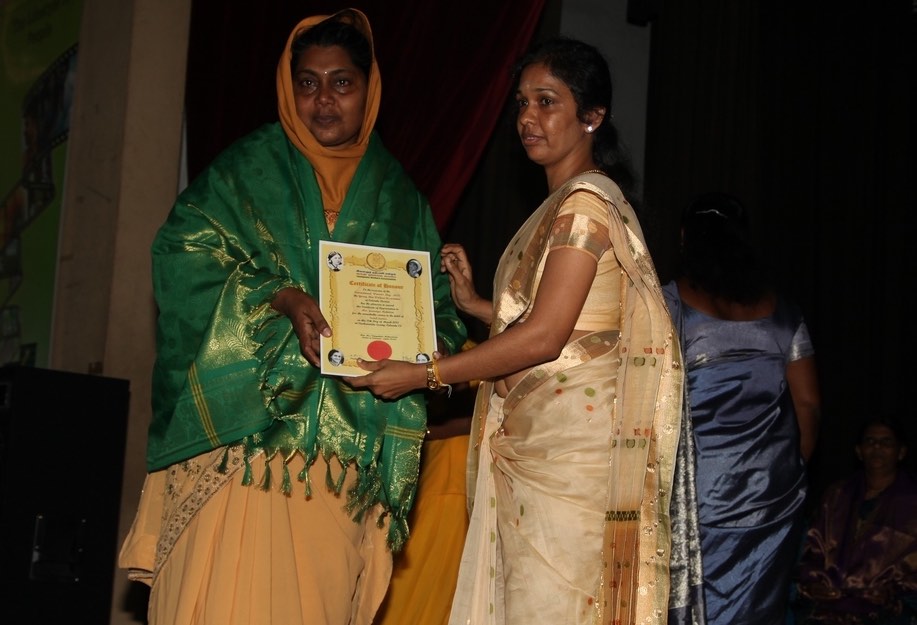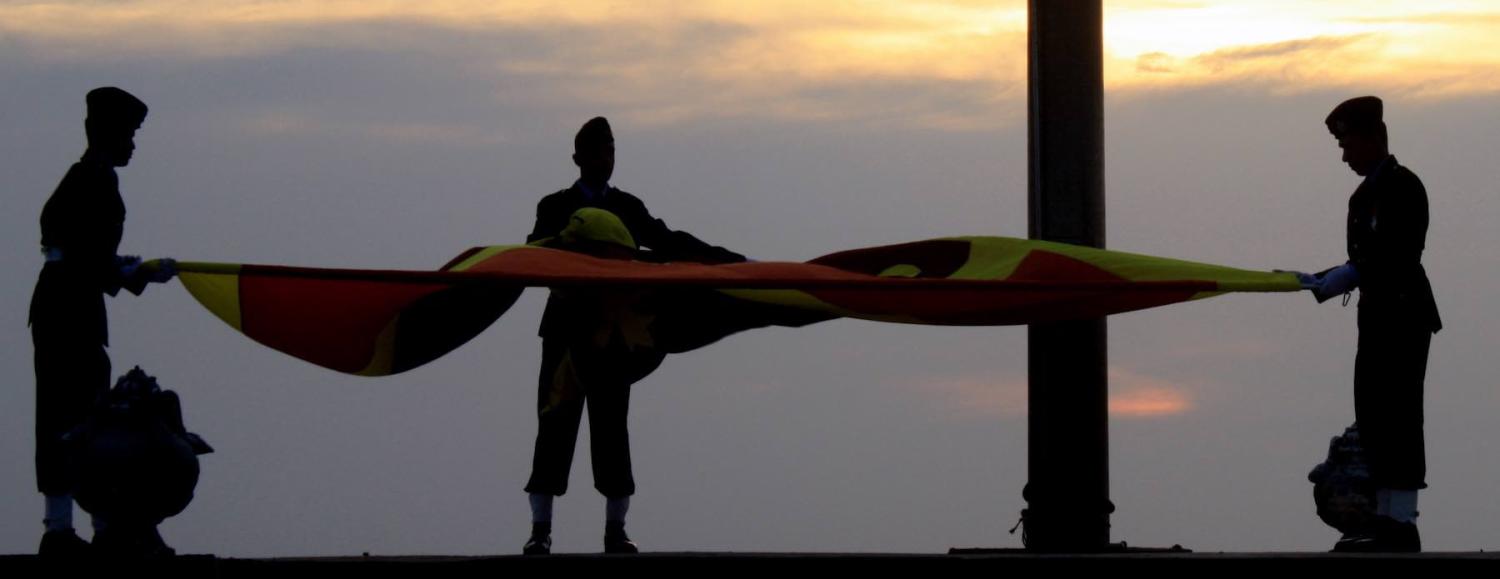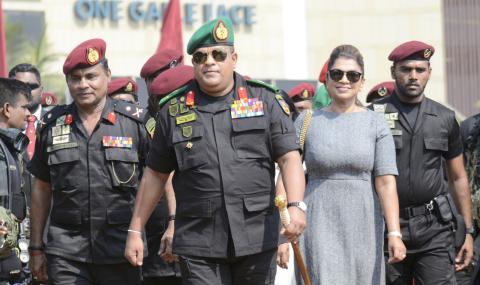On 8 October, in the Sri Lankan capital Colombo, former state minister and Tamil MP Vijayakala Maheswaran was arrested by the country’s Organised Crime Division.
Any citizen has a right to dissent against government actions and raise issues affecting communities.
Maheswaran had already resigned in July from her post as Minister for Child Affairs and Deputy Minister for Women’s Affairs. This followed comments she made in a speech in Jaffna about the absence of law enforcement protection agencies for women and children in the northern region of Sri Lanka, arguing that there had been almost no crime against women and children during the time of the Tamil Tigers, also known as the LTTE. Those same words later saw her arrested.
“If our children and women are to come home safely, an LTTE administration is necessary again.” Maheswaran had said on 2 July. The LTTE is a declared and banned terrorist organisation, and three months later she was arrested and charged for “attempting to excite disaffection”.

The concern of Tamil supporters has again been heightened with the political comeback of former president Mahinda Rajapaksa, installed as Prime Minister on 26 October. The international community has raised eyebrows over his appointment, considering he was implicated in potential war crimes during the Sri Lankan civil war, especially in 2009 during fighting northern LTTE-held regions. Media and political commentators alike have warned his appointment could lead again to a “bloodbath” in Sri Lanka on sectarian lines.
But even before Rajapaksa returned, Maheswaran’s case raised questions for Sri Lanka’s democratic polity. She was arrested and charged under section 120 of the Sri Lankan Penal Code, which makes it an offence to “excite or attempt to excite feelings of disaffection to the State”. This section is broad in its application. Since 2009, authorities have deployed it liberally to arrest and charge anyone who might otherwise be seen as merely protesting against the government.
To criminalise or seek to suppress protest or political opinion violates article 2 of the International Civil and Political Rights (ICCPR) and article 19 of the Universal Declaration of Human Rights, of which Sri Lanka is a signatory. Yet section 120 has de facto become a tool to be used when the government is displeased or has its “feelings hurt” by criticism or in a conflict of opinion.
In any free society, there are instances where there may need to be legitimate restrictions on the right to freedom of expression. The test for when a state can legitimately restrict freedom of expression is set out in Article 19 (3) of the ICCPR, which has been ratified by Sri Lanka. The test constitutes that the restriction must be provided by law, and be necessary to respect the rights of others and “for the protection of national security or of public order”.
This restriction is translated into Sir Lanka’s domestic law by section 3 of Act No.57 of 2007 which stipulates:
No person shall propagate war or advocate national, racial or religious hatred that constitutes incitement to discrimination, hostility or violence.
The government has charged Maheswaran on this basis; her comments were deemed to propagate war or national hatred.
Any citizen has a right to dissent against government actions and raise issues affecting communities. There is an unarguable difference between this and making a call to violent uprising, promoting hatred or hostility. Under the ICCPR the balance has to be struck fairly in favour of the individual’s right to hold and express opinions. The government’s claim in protecting the public can only be exercised in criminal proceedings where absolutely necessary. In Maheswaran’s case, this distinction was not made.
This is also not the first time that penal provisions have been used in Sri Lanka to repress freedom of expression. The wide application of the penal code has been used to suppress dissent against the ruling government in a number of instances, where groups or individuals have expressed dissatisfaction with the treatment of minority communities. For example, when the Northern Provincial Council and Tamil National Alliance called for a national enquiry into claims of genocide during the war, there were calls for their arrest, despite the fact that the UN Office of the High Commissioner on Human Rights had concluded there were reasonable grounds to institute international criminal prosecutions.
Maheswaran’s arrest and charge appear a flagrant abuse of the rights to freedom of expression. There is not only a distinction between propagating war and expressing an opinion, but also a government’s feelings are not protected by any international standard.

